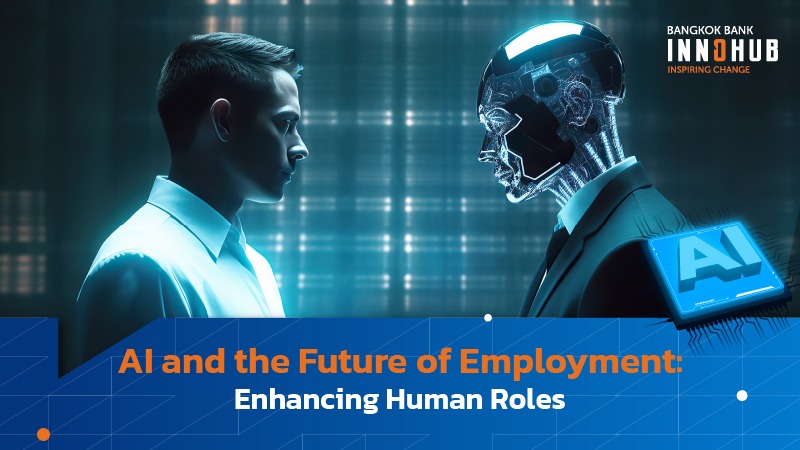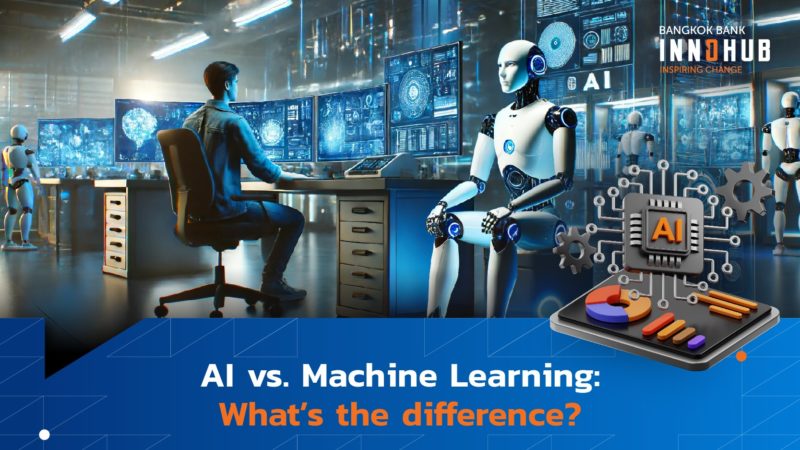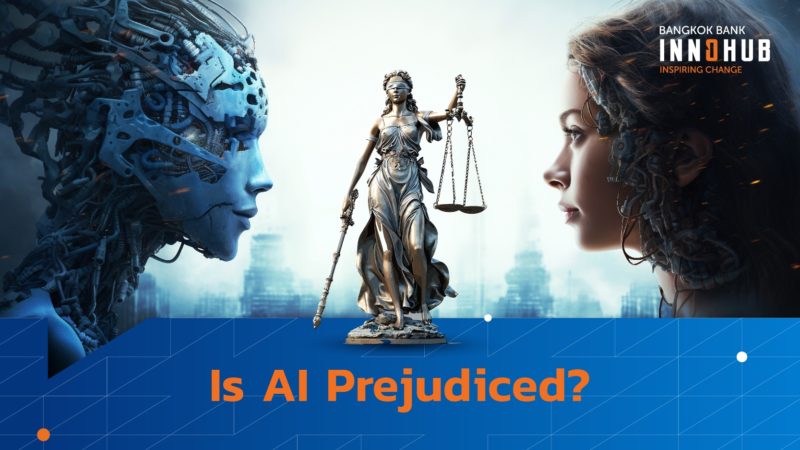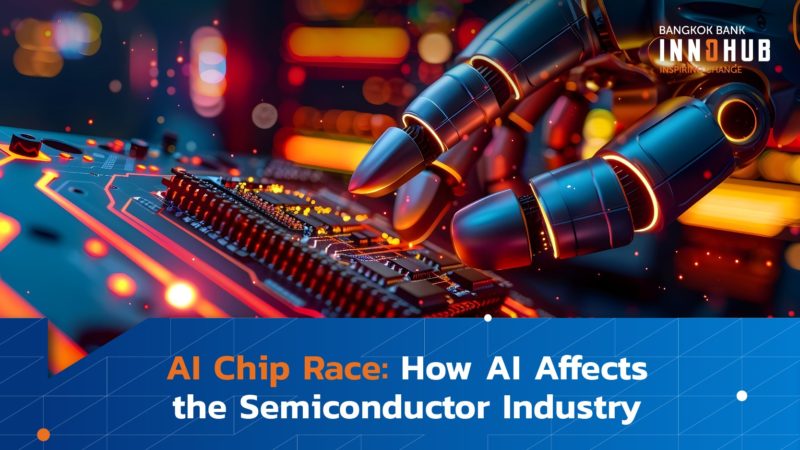Writers, artists, and even filmmakers around the world have been watching nervously as advances in artificial intelligence creep ever closer to their areas of expertise. To play around with ChatGPT, Sora, Grok, and other leading AI software programs is to witness the exponential rise in silicon-based creative talent.
In business administration, AI is already handling accounting responsibilities, the drawing up of contracts, predictive market analytics, and much more. We’ve gotten to the point where AI can drive your car smoothly around the city and even write original software code.
Impressive, yes — but where does that leave humans? We’re only at the beginning of the age of AI, and it will not be long before the AI software of today, advanced though it seems to us, will feel as primitive as pre-Internet programs feel to us now. In such a world, what will be left for humans to do?
Many worry that AI will come for their jobs, that there is scarcely a human talent that computers cannot eventually learn to do better than we can. Are we really building a world that will make ourselves obsolete? And what if the computers come to realize that we are obsolete? What will they do to us then?
Learning our new role
In a world brimming with technological advancements, the fear of AI usurping human jobs — or worse — may be largely the work of an overactive imagination. More likely we’ll see changes in a few key areas of society, with those impacts coming in the form of both positive and negative effects. Among them are:
1. Business practices
+ Enhanced productivity and efficiency; smarter decision-making due to unbiased data collection and analysis.
– Regulatory and legal headaches surrounding copyright issues; difficulty ensuring responsible AI use, as organizations cede more decision-making authority to software whose inner workings will grow increasingly opaque.
2. Job market dynamics
+ Shift in work patterns away from boring and repetitive tasks, and towards AI-related roles that emphasize language and creative skills over traditional technical knowledge.
– Training needed to teach relevant skills and familiarize employees with the most fruitful methods of utilizing AI; some employees may be less able to adapt to an AI-driven workplace, and consequently find themselves less in demand.
3. Future implications and considerations
+ Transformative effect on traditional job roles and the ability to balance innovation with societal impact considerations.
– Unpredictable first- and second-order effects of a fast-changing technology; powerful tools tend to magnify mistakes as well as achievements.
It is still the case, and will remain so for a long time to come, that a human+software team can outperform either human-only or software-only rivals at most useful tasks. Computers do the calculations, humans provide the common sense. Computers follow the formula, humans add the creativity. Both benefit from the strengths of the other, such that it makes no sense to talk about removing one of them from the equation.
In fact, AI’s knack for technical work may mean that the kind of people best-suited to work alongside it will be the visionaries. The communicators. The writers, the artists, the filmmakers. They have the skills to talk to AI in crisp detail, and the ideas to guide its engine of creation.
Those who may be less in demand a generation from now may well be the technical-minded, the software engineers, the mathematicians — because although the world we will live in will rely heavily on those skills, machines will easily surpass even the best minds in these fields, leaving little to do for people who specialize in these areas.
The dangers of inaction
Much ink has been spilled about the threat of AI to people and civilization. But it is also worth considering the cost of not pursuing this technology. After all, the toothpaste is already out of the tube; every advanced economy is investing heavily in AI right now. If any one country were to stop their investment, the only guaranteed result is that they would miss out on the economic boom that AI will assuredly deliver. Fear of AI, ironically enough, could very well lead to the worst of all outcomes.
That’s not to say we should accelerate blindly into an AI-powered world. The responsible middle ground is to develop this technology in a careful but committed manner. Governmental and international regulation will be key to ushering the world toward a safer and more prosperous future for everyone.
Ultimately, we must remember that life and society are all about adaptation. Newness has its dangers, but it is also an essential byproduct of progress. As long as we move forward with our eyes open, and with a healthy respect for the forces we unleash, we can tame the AI beast and put it to work for all of civilization. There will be bumps on the road, but if we steer the course with those very human qualities of vision, creativity, and common sense, we could be at the start of the greatest journey our species has ever known.




